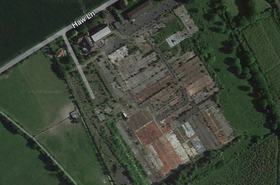After costs began escalating, the British Medical Association's (BMA) General Practitioners Committee has called for a pause on National Health Service (NHS) England's planned move to cloud-based telephony.
In March 2023, the NHS changed general practitioners' (GPs') contracts to require them to adopt cloud-based telephony once their current telephone contracts expired.
Cloud-based telephony is a type of unified communications as a service (UCaaS) that runs phone systems through the Internet. This involves much less on-site equipment and can allow phone systems to have more features.
This was intended to help streamline the appointment booking process for GPs as part of a "Better Purchasing Framework," and intended to phase out traditional ISDN and PSTN analog lines by the end of 2025, with £240m ($301.2m) of funding set aside for this transition.
However, GP leaders are warning that the new systems could lead to additional costs of up to £10,000 ($12,550) per year.
Dr. David Wrigley, deputy chair of GPC England, wrote in a letter to NHS England that costs have surged sometimes by as much as 470 percent.
This has been made worse by the Better Purchasing Framework's requirement for GPs to procure services from a set list of approved telephony suppliers.
According to NHS England, around 80 percent of GP practices have adopted digital telephony.
The NHS' architecture principles suggest that "digital services should be delivered from [or move to] the public cloud unless there is a reason not to do so."
Last month, the NHS announced it had decommissioned its data centers that were previously hosting the NHS Spine system, having migrated the system to the cloud. The NHS Spine is responsible for sharing information across the national service including the Electronic Prescription Service, the Personal Demographics Service, the Summary Care Record, and the e-Referral Service, which sends around 1.3 billion 'messages' a month, equivalent to around 3,200 messages a second.







